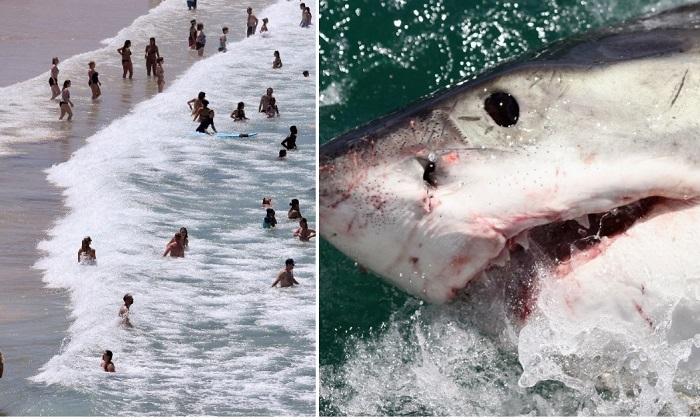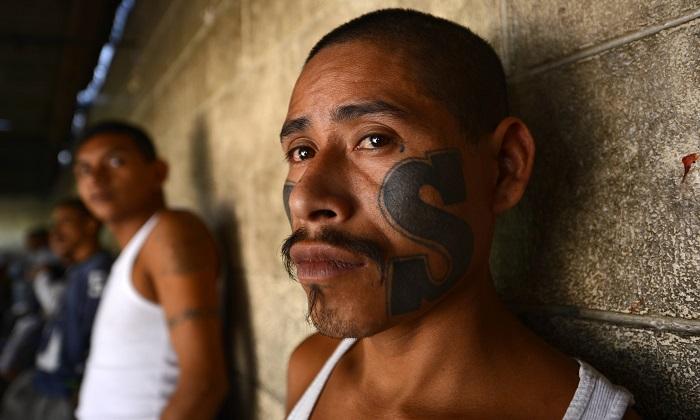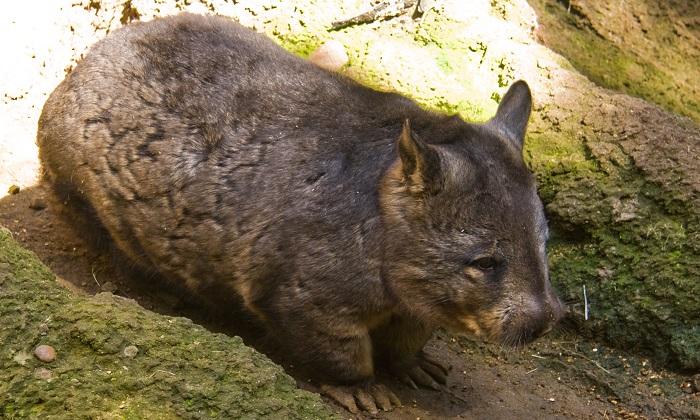Among the main culprit behind these deaths are rip currents, which according to the SLSA are the number one hazard on Australia’s beaches.
For Rob Brander, an associate professor at the University of New South Wales, the lack of attention paid to such drowning cases in the country makes little sense.
Brander says that around 20 people – many of them from overseas – die per year in the ocean due to rip currents. But the deaths are avoidable with better education and less complacency, says Brander.
Earlier this year, the senate inquiry was set up to investigate shark attacks and look into how they can be lessened. After ten public hearings, the senate committee’s report made suggestions that more money be spent on the issue while also criticizing the media’s sensationalizing of the shark menace.
Among the money spent so far is AU$16 million (US$12.3 million) by the New South Wales state government on its shark management strategy which includes the use of drones to detect sharks near beaches.
The senate inquiry was criticized for being the result of media induced public hysteria and overreaction.
Brander believes spending more money on sharks is ineffective and wasteful. He said more lifeguard services would surely help, but lifeguards can’t be everywhere all the time.
“Devoting more financial resources to getting beach safety education into all schools needs to happen,” he said.
Mostly Young Men
Based on 2004–2016 figures, 86 percent of people who died in rips were male and the average age of those killed was 35 years of age.Shane Daw from SLSA said young men aged 15-39 years are most likely to get caught and die in rips.
“They get into trouble because they either haven’t checked for rips or can’t correctly identify a rip, or swim at unpatrolled locations.”
SLSA research findings published in October found that two out of three people who think they can identify a rip current, can’t. The research also found that one in four Australians, or 4.2 million individuals, aged 16-69 have been caught in a rip current unintentionally at least once in their lives.
Last year, Surf Life Saving services in Australia were involved in more than 10,000 rescues and nearly 4 million preventative actions. That equates to 30 rescues a day and 900 preventative actions each hour, said SLSA.





Friends Read Free